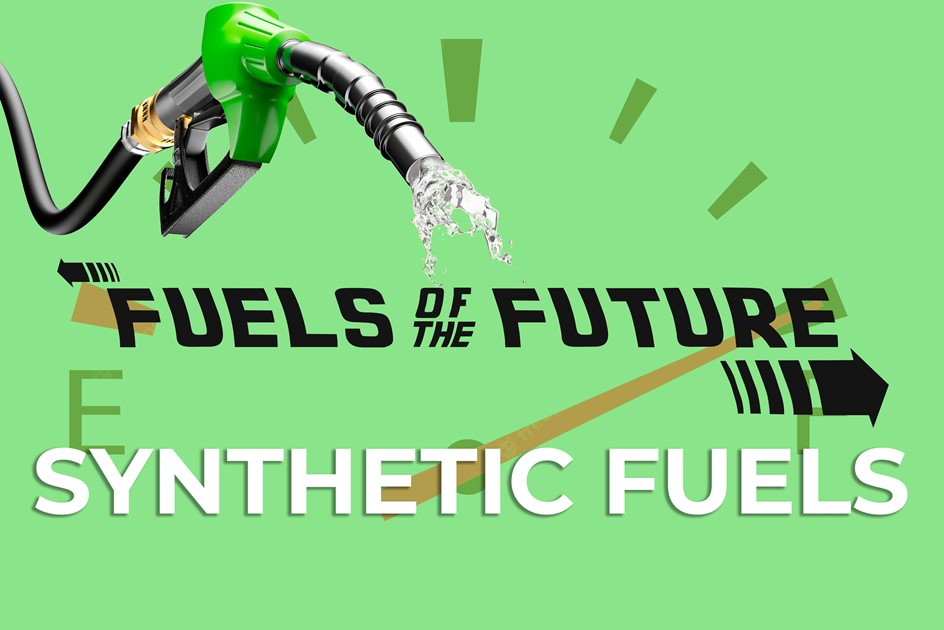Fuels of the future: synthetic fuels

For the next instalment in our fuels of the future series, we find ourselves delving into synthetic fuels. An area of enquiry currently reserved for the upper echelons of motorsport and very exclusive corners of the automotive world.
The world of synthetic fuels is one of speculation, with much of the field remaining behind closed doors in research laboratories. That’s not to say it hasn’t made headlines or isn’t in the public eye, far from it in fact.
The world’s premier motorsport category, Formula 1 is leading the way in this regard. By 2026, the grid, in its entirety will be powered by sustainable fuels whilst support categories Formula 2 and Formula 3 will implement the change from 2023 and beyond.
That pledge by the FIA and FOM (Formula One Management) has rapidly gained traction, leading to a commitment from Audi to participate in the sport’s bold new era. The allure of synthetic fuels combined with an emphasis on electrification was apparently too much for the German giant to resist. The series is also set to receive substantial support from Saudi Arabian oil conglomerate Aramco, another influential backer to put their money where their mouth is for this project.
Motorsport isn’t the only area in which synthetic fuels look set to flourish, however. Lamborghini is among the road-car manufacturers to get behind the movement. The Italian brand has established its own research and development programme for synthetic fuels (separate from that of VW sibling Porsche, but we’ll get to them later) in a bid to prevent the eradication of their beloved V10 and V12 engines.
In the same vein, Christian von Koenigsegg himself has been quite vocal about the benefits of synthetic fuels when compared to electrification. Despite having plans to further integrate electrical components in the pipeline, the Swedish CEO believes that on the production scale that Koenigsegg is working, alternative fuels may be the more effective option, plus “let’s keep the roar alive” is a very compelling argument.
One of the main problems that supporters of synthetic fuels face is how green it really is – it can never be attained through truly renewable sources such as wind and solar. Another is supply and demand, with current projections for one company sitting at approximately 55 million litres per year, compared to the estimated 45-50 billion that would be required to replace current fuels in their entirety. Finally, as was the case with electric cars, the overhaul of infrastructure presents a huge challenge.

READ Fuels of the future: electrification
READ Fuels of the future: hydrogen
READ Fuels of the future: a combination
Visit PaddlUp to meet the team and discover what we do.

